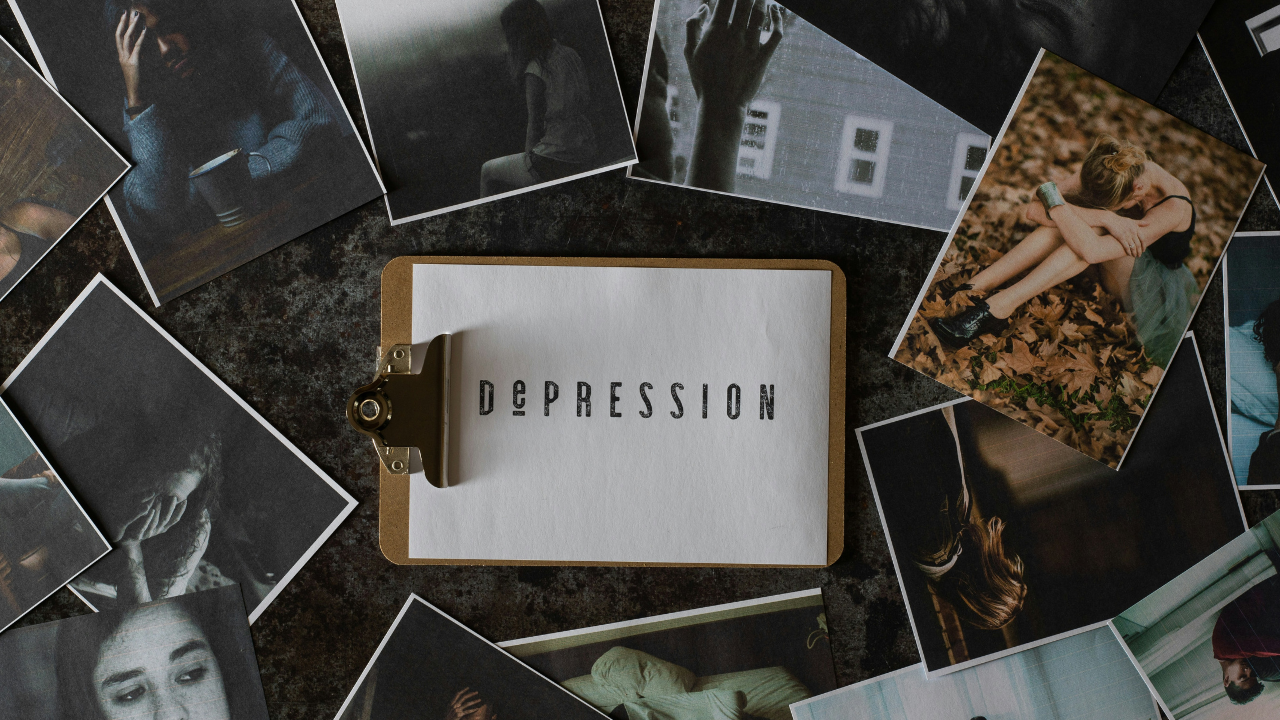
Adolescent Psychology: Helping to Relieve Negative Feelings
Depression is an emotion that everyone experiences. When it brings negative energy, if we can learn to coexist with it, we can build stronger resilience against stress. During adolescence, children go through significant physiological changes. As hormones and the nervous system rapidly evolve, they also face academic pressure, juggling studying, exams, extracurricular activities, and social interactions with peers. When they cannot find an outlet to release stress or someone to confide in, negative emotions may begin to build up.
Before seeking appropriate methods, we first need to understand the common symptoms of depression in adolescents:
- Insomnia
- Irritability
- Fatigue
- Decreased concentration
- Increased feelings of guilt
- Extreme feelings of hopelessness, emptiness, and worry
- Lack of interest in people, things, and activities around them
When depression strikes, negative thoughts follow, often getting stuck in a dead-end loop, repeatedly thinking, “Why is this happening to me?” or “Will I ever feel better?” To prevent falling into the abyss of negative effects, here are some methods that can help get back on track:
Mindfulness Practice
Use your five senses to perceive the people, things, and environment around you. Focus your attention on the present experience rather than letting your thoughts consume you. When practicing mindfulness, try not to do many things at once. Whether you're eating, walking, exercising, or chatting with a friend, focus on completing one task before observing the feelings and experiences it brings. Additionally, avoid using adjectives to judge things or labeling your actions as good or bad—simply practice stating the facts as they are.
TIPP Techniques
The TIPP techniques, commonly used in behavioral therapy, are designed to help individuals find an immediate release of pressure during intense stress. TIPP stands for Temperature (cooling practice), Intense Exercise (high-intensity exercise), Paced Breathing (breathing exercises), and Paced Muscle Relaxation (muscle relaxation exercises).
Temperature (Cooling Practice)
This practice involves using cold water to wash the face to trigger the "diving reflex." While doing this, you can try holding your breath. When submerged in cold water without oxygen, the heart rate slows down, reducing the physiological and psychological responses caused by negative emotions.
Intense exercise (High-Intensity Exercise)
When you're starting to overthink, try engaging in high-intensity aerobic exercise to shift your focus. During this exercise, your heart rate should reach 55%-75% of your maximum heart rate for your age. For teenagers, the maximum heart rate is around 200 beats per minute, so during intense exercise, your heart rate should be around 110-150 beats per minute. Research shows this level of intensity is associated with positive emotions and can help reduce negative feelings and overthinking. Remember, exercise should last at least 20 minutes to achieve the desired effect.
Paced breathing (Breathing Exercises)
Breathing is also a critical step in mindfulness meditation. Although it may sound simple, it is very effective! When you need to calm down, slow your breathing. Take 5-6 deep breaths per minute. This practice helps regulate the sympathetic nervous system and bring balance to the body.
Paced muscle relaxation (Muscle Relaxation Exercises)
The final relaxation exercise must be paired with breathing techniques for optimal results. While exhaling deeply, slowly relax each muscle group in your body, paying attention to whether your body feels too tense or is constantly under high stress.
Crisis Kit
Just like keeping a first aid kit at home, we can also prepare a "Crisis Kit" and place it within easy reach. The kit could contain items that are of great personal significance, such as:
- Photos of family members or friends
- Travel photos or places you'd like to visit
- Activities you want to participate in
- Inspirational quotes or cards
- Mementos from friends
- Positive lyrics and uplifting music
- Funny videos
During low moments, these small items can remind you of the reasons worth living a fulfilling life.
In order to better support adolescents and accompany their parents, our consultants not only specialize in educational counseling but also regularly update their knowledge of psychology. However, we are not licensed psychologists or psychiatrists. If necessary, please do not hesitate to contact the school's counseling office or seek professional help from a mental health professional.
閱讀中文版文章:青少年心理學:幫助緩解憂鬱
Contact Us for High School Counseling & College Application Guidance
